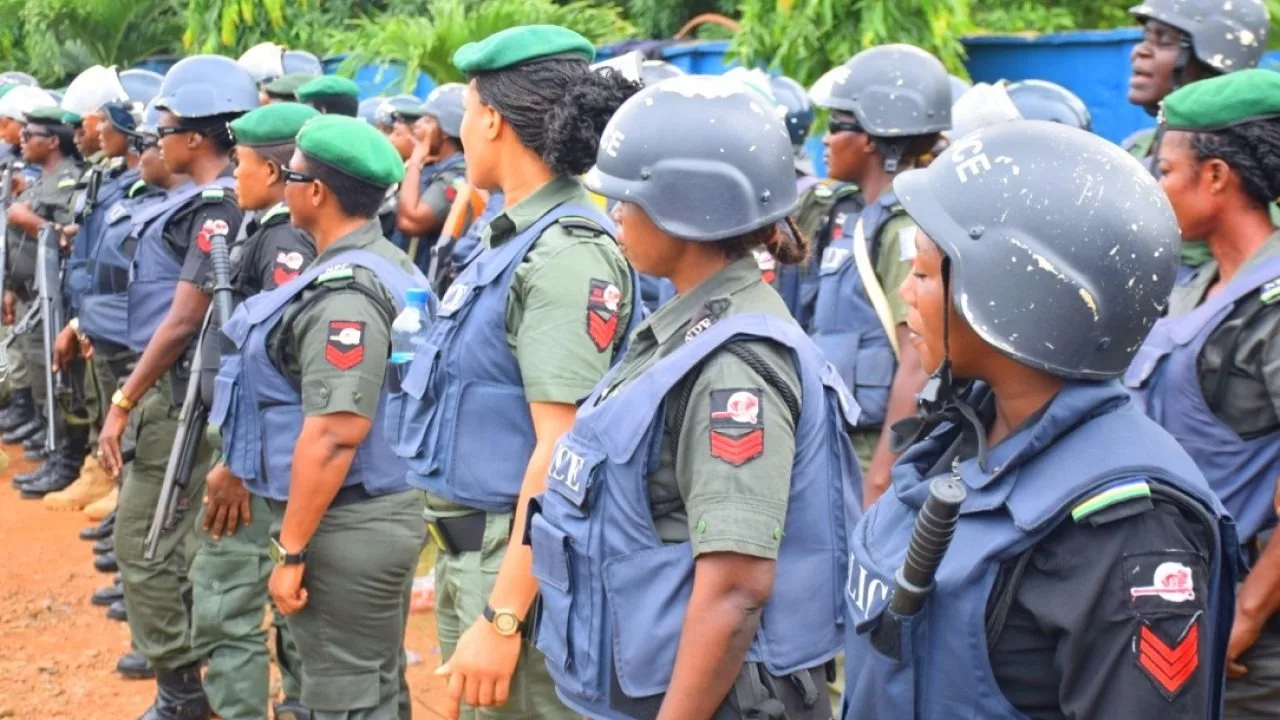As we commend the security outfits, both government and private, working to keep the nation safe, we applaud the Taraba State female hunters, who recently, have shown that fighting insecurity is not gender exclusive. These brave women have joined their male counterparts in fighting banditry tormenting the state.
In Nigeria, both presently and historically, contributions women have made and are still making towards securing the society cannot be overlooked. In the Nigerian Army, Nigeria Police Force, Nigeria Security and Civil Defence Corps, private security outfits, women continue to demonstrate endurance and strength in fighting insecurity.
In a country where females account for over half of its estimated 200 million population, it should not come to anyone as a surprise. It would make no sense at all not to include more women in the fight against the scourge of insecurity.
In Taraba State, recently, female hunters bravely took the initiative to join forces with their male counterparts in the fight against banditry, with many single and married women now part of the hunters’ association. This is a commendable initiative, that ought to be encouraged. The attack on women and children have forced some of these women to take up arms and exit the nest of vulnerability to protect their own.
We recall that in January last year, approximately 300 female soldiers were deployed by the Nigerian Army to complement other soldiers in fighting the war against banditry, kidnapping and other related crimes along the Kaduna-Abuja highway when the situation seemed to be getting out of hand.
And in 2018, it was a welcome idea when the former Chief of Army Staff, COAS, Lieutenant General Tukur Yusuf Buratai, inspired and encouraged Nigerian female soldiers when he established the first army women corps in West Africa.
The integration of women fully into the army at all levels is also part of international best practice and should be encouraged. In establishing the Nigerian Army Women’s Corps (NAWC), General Buratai explained that, the Corps will give the Nigerian Army an opportunity to recognise women, “…in order to derive the maximum benefit from their contribution to the defence and security of our nation.’’
Even history is replete with the achievement of women in the security sector. Going down memory lane, we remember the fierce female amazons of Plateau State, who used to come down from the hills and defend the state against any form of attack. Or for that matter, the famous female warrior, Amina of Zazzau who was said to have led her father’s army into victorious battle.
There were also the female warriors of a small West African state, Dahomey. In those days, they were popularly known as “Black Sparta.” Dahomey at that time was described as ‘a fiercely militaristic society bent on conquest, whose soldiers strike fear into their enemies all along what is still known as the Slave Coast.’
Female fighters across the globe have times without number proved that women are equal to the task of fighting insecurity.
Media reports have also mentioned gallant stories relating to female soldiers of the Kurdish Peshmerga in June, 2014, as they joined in the Battle of Mosul in Iraq, rescuing the city from Islamic State in Iraq and Syria (ISIS). And two years later, 1,000 female Peshmerga trained fighters also liberated the city of Kirkuk in Iraq and nearby oil fields, in their fight against ISIS.
Traditionally, most women are believed to be the weaker sex with security being the sole responsibility of men. Nevertheless, as times change, women are collaborating with their male counterparts to ensure security.
The governor of Kaduna State had said while receiving the female soldiers deployed to the Abuja-Kaduna Road, that the criminal activities along that route will be over with their deployment. According to the governor, “… what a man can do a woman can do better. We believe in the capability of women in this state. “I am confident the road will be the safest in Nigeria. We will do everything possible to make this operation comfortable. We are very happy to have you. Your presence will inspire other girls to join the military,” he had noted.
We cannot forget Flying Officer Tolulope Arotile, and her massive contributions to combat operations against terrorists in northern states of Nigeria. She was the first ever female combat helicopter pilot in the Nigerian Air Force. The country mourned her loss in 2021.
And of course, as a country, we remember several other women who have either died or went missing in action as a result of service to their fatherland. Their footprints will remain on the sands of time.











